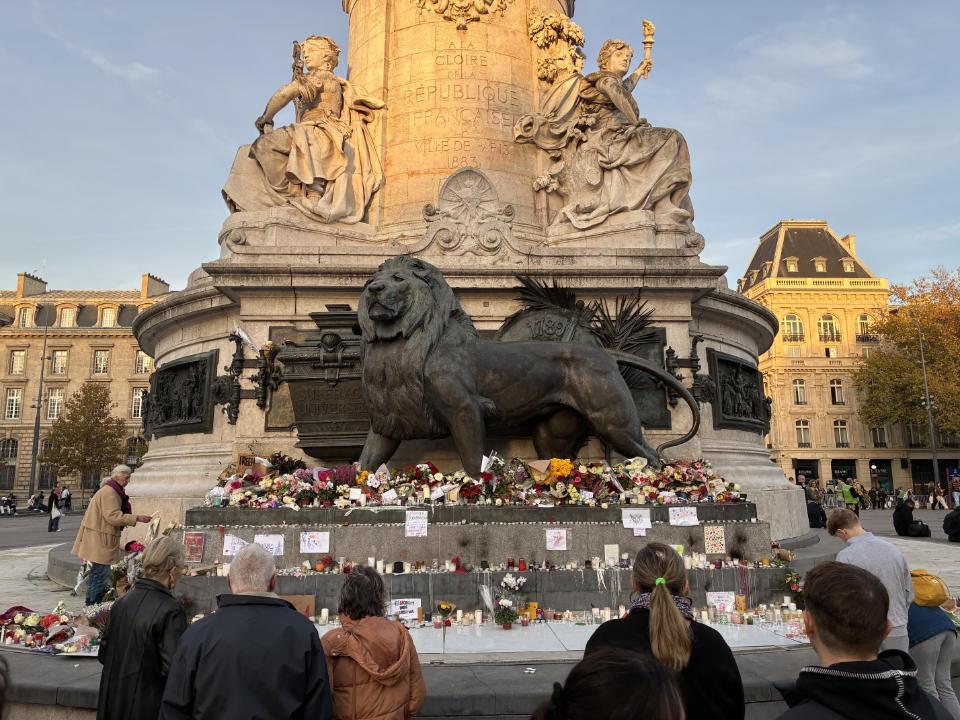My Sources
Recently, many Instagram followers have asked if I had any reading suggestions or content recommendations to delve deeper into what I discuss in my videos.
Answer: yes, I have plenty!
My personal journey—officially begun 7 years ago with meditation—has been accompanied by countless readings, audio recordings, videos, podcasts (...) that were essential in providing a framework for what I was discovering.
Problem: most of my sources are in English... and haven't been translated.
Worse: I found that the few French sources I came across were... how should I put it? Less rigorous. They mixed everything together: spirituality, wellness, alternative medicine, astrology...
What I've truly found in most of the sources I'm recommending here is a certain rigor. Not always, not everywhere, but generally speaking: they don't use pseudoscience to justify what is spiritual in nature; they remain very conservative in their everyday advice; they rely primarily on practice and personal reflection rather than devotion to anyone; they encourage free and independent thinking rather than belonging to a sect.
Another problem: some of the sources I'm recommending here are paid. It's not astronomical, but these are books or recordings I haven't found freely available.
If you're not discouraged, here they are, in order of my preference 👇
